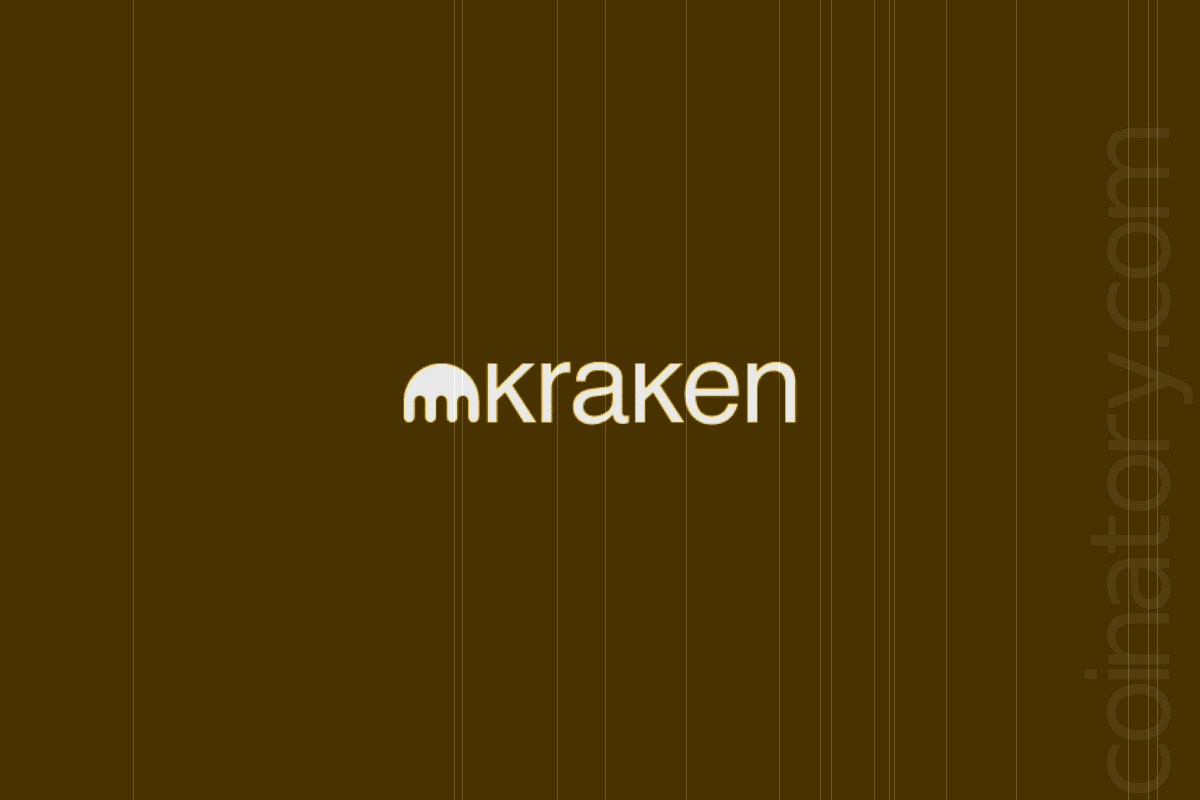
Kraken has officially launched its tokenized securities platform, xStocks, for eligible investors across the European Union, reinforcing its position in the rapidly evolving market for blockchain-based financial products. The rollout makes Kraken the latest major player—alongside Gemini and Robinhood—to enter the European tokenized equities space.
Initially introduced earlier this year, xStocks enables users to trade tokenized certificates that track prominent U.S. equities, offering 24/5 market access and extended trading hours without the need for traditional brokers or financial intermediaries. Built on the Solana blockchain and powered by Backed Finance, xStocks was designed to bridge the gap between traditional capital markets and decentralized infrastructure.
Kraken’s move into the European market follows a broader strategic initiative to expand globally. While the initial xStocks deployment excluded major jurisdictions such as the United States, United Kingdom, Canada, Australia, and EU member states, the expansion into the EU marks a significant evolution in its product offering.
Mark Greenberg, Kraken’s Global Head of Consumer, described the move as a “natural next step” aligned with the firm’s growth strategy and its strong regional presence. “For too long, gaining exposure to U.S. markets from Europe has been overly complex. With xStocks, we’re eliminating many of those barriers,” Greenberg stated.
A key differentiator for Kraken’s xStocks platform is the emphasis on asset mobility. Investors are granted the ability to self-custody their tokenized assets, transfer them across compatible platforms, or store them independently—an uncommon feature in traditional equity markets. This approach underscores the platform’s commitment to decentralization and user sovereignty, core tenets of Web3 infrastructure.
Kraken’s expansion arrives amid rising institutional interest in tokenized securities. Nasdaq, the world’s second-largest stock exchange by market capitalization, recently submitted a proposal to U.S. regulators seeking approval to offer tokenized assets within its existing market structure. In doing so, Nasdaq emphasized the importance of listing such products on established, compliant venues, raising questions about the future regulatory frameworks that will govern these assets.
Commenting on Nasdaq’s initiative, Greenberg asserted that the future of capital markets will not adhere to a “one-size-fits-all” model. While there is room for permissioned, KYC-centric platforms, he argued that the true innovation lies in permissionless, interoperable ecosystems like xStocks. “Assets on xStocks aren’t confined to a single exchange or blockchain. They move as freely as any crypto asset, embodying the essence of Web3: reduced friction, increased transparency, and democratized access,” he said.
Industry observers have noted that the growing convergence between traditional finance and decentralized technologies reflects both the maturation of blockchain infrastructure and the increasing demand for more accessible, globally connected markets. While regulators, including the European Securities and Markets Authority (ESMA), have warned that tokenized stocks may mislead investors by omitting shareholder rights or lacking regulatory clarity, market participants argue that these innovations offer a compelling alternative to legacy systems—particularly for retail investors.
Backed’s co-founder, Yehonatan Goldman, described Nasdaq’s interest as a “validation” of the tokenized asset model and a sign of institutional momentum. According to Goldman, the growing demand for tokenized assets reflects the broader shift toward a financial system that is not only more efficient but also more inclusive.
With its latest expansion, Kraken has taken a decisive step in shaping that future—one where traditional securities are increasingly indistinguishable from digital assets, and market participation is defined not by geography or infrastructure, but by access to open, decentralized protocols.







